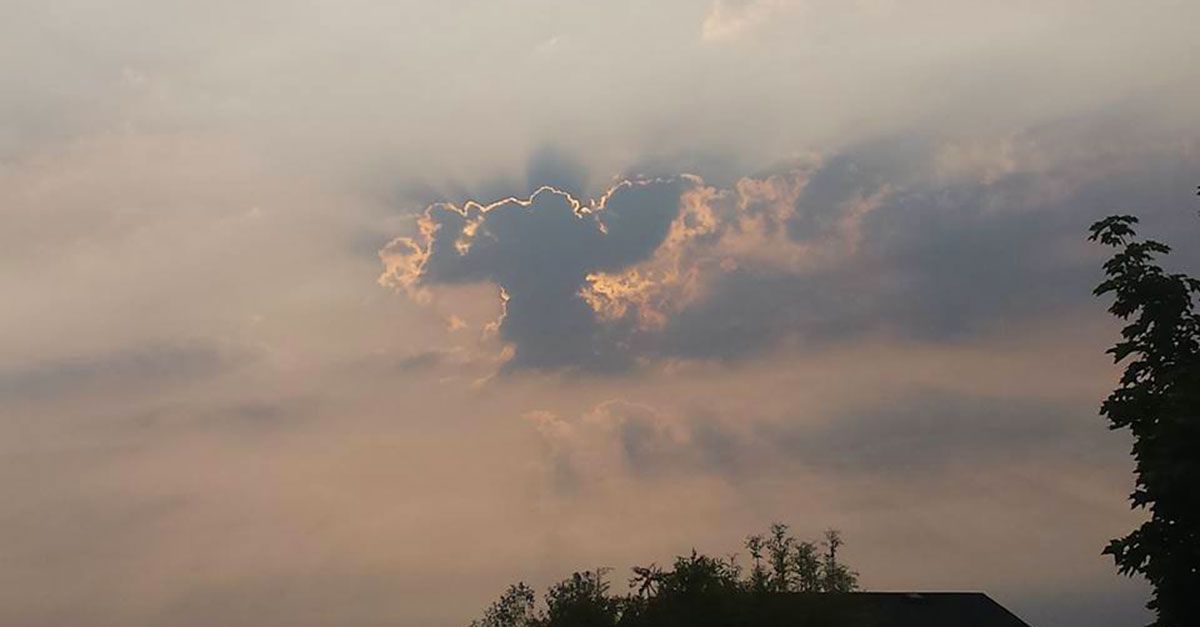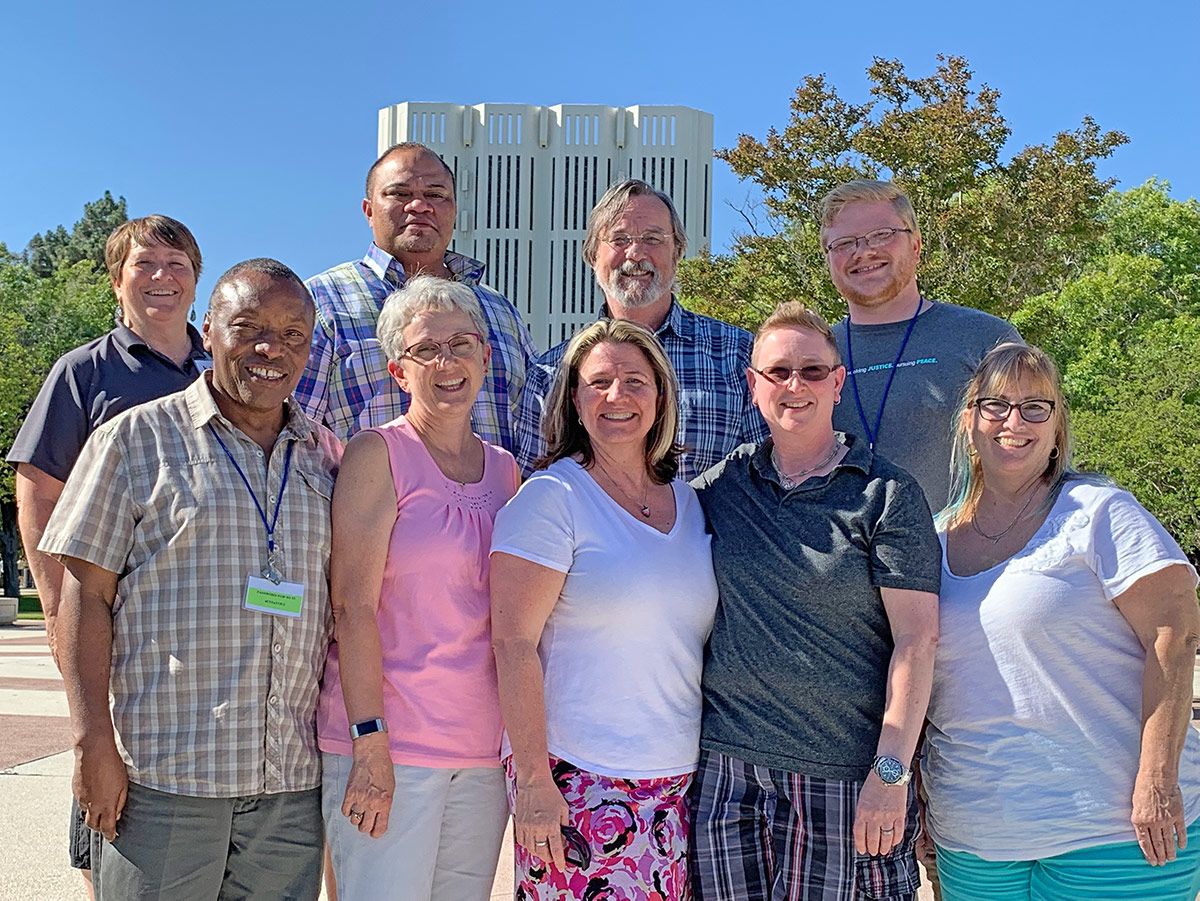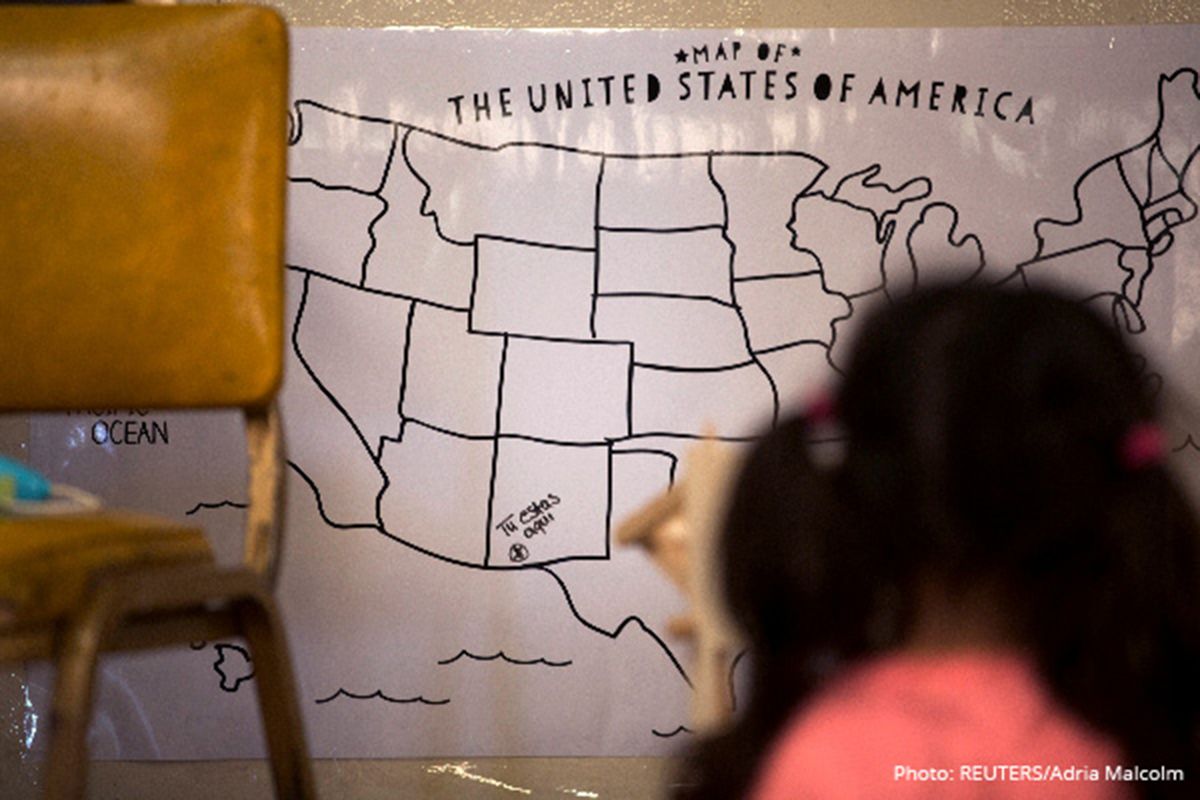A Revelation Revelation
CrossOver reflection for Week 38 • Beginning August 25, 2019
We Make the Road by Walking, Chapter 51
Rev. Jim Doepken
“Dan the Man” was a bus driver known to many kids at the United Methodist Junior High Camp I counseled at, many…many years ago in Indiana. His story was compelling. He had given his life to Christ after hitting rock-bottom with drugs and alcohol. He would dramatically show campers his stitched-up tongue; repaired after eating a light bulb in a drug trip gone wrong. He shared his story and told these impressionable kids (and counselors) that they didn’t want to be “left behind” when Jesus came back. He would shout “Rapture Practice” in the mess hall, having all the kids raise their hands and scream in what I felt was a raucous and less-fun version of “The Wave.”
I was young, but I still remember being uncomfortable every time he’d loosely quote from Revelation to add to his stories. It was just one part of my uneasy relationship with this book.
Before Indiana, I grew up in New York. Revelation was not a book I remember spending any significant time with. I appreciated meandering through Matthew’s Gospel. I had seen “Godspell” and “The Cotton Patch Gospel” so, clearly, I had a broad theological perspective. I dabbled in Paul and loved the Old Testament stories from Sunday School. But, not Revelation. No, Revelation was a book quoted by TV preachers with their four horsemen, seven seals, and 144,000 elect from every nation. This was too many numbers for any book that wasn’t required for Middle School math.

I remember one of those TV preachers comparing Russia to the beast from Revelation. The “beast” was coming to the Persian Gulf, and we needed to stop it. I think this was a Biblical justification for going to war with Russia in the 1980s and it was just as confusing to me then as it is now.
Later, though, seminary blew my mind. There was a whole lot more going on in Revelation than I realized. Life was messed up for Christians under Nero and Domitian in the Roman empire. There were Christians just trying to survive under madmen who demanded people to worship them as gods. Violence and fear ruled the day, and this book was a complex code with an intended message of hope. Here, my TV preacher and “Rapture Practice” understandings of Revelation were (pun intended) “left behind.”
Brian McLaren puts it this way in We Make the Road By Walking:
“As literature of the oppressed, the Book of Revelation provided early disciples with a clever way of giving voice to the truth—when freedom of speech was dangerous in one way, and remaining silent was dangerous in another. Instead of saying, “The Emperor is a fraud and his violent regime cannot stand,” which would get them arrested, Revelation tells a strange story about a monster who comes out of the sea and is defeated. Instead of saying, “The religious establishment is corrupt,” it tells a story about a whore. Instead of naming today’s Roman empire as being doomed, they talk about a past empire—Babylon—that collapsed in failure.” (p. 255 Kindle version)
Yet, I still kept running from Revelation, even during my first year in ministry. It was then that I attended a continuing education event on “Biblical Storytelling” about which I remember almost nothing—except for one thing. We discussed stories of the Bible that could work well in worship, and someone mentioned that the Book of Revelation would be a challenge. I jumped all over this, bringing up my problems with its symbolism and how it had been co-opted to support hawkish military policies.
A young pastor said, “Oh, you don’t need to run from it. I can summarize the Book of Revelation in two words.”
I was listening.
“God wins,” she said.
I had learned that Revelation was a message of hope to persecuted Christians in a troubled time. But, when I was told, “God wins,” it was a revelation for how this book spoke to my present situation and world. It meant that no matter the struggles…no matter how oppressive political systems and leaders may be…no matter how much the denomination I love fights over including ALL people…no matter which beast or dragon or horseman is spreading some contemporary version of famine and pestilence…. NO MATTER WHAT, GOD WINS.
God wins. God will have the final word. Our God is “making all things new.”
McLaren says:
“Even if the emperor is mad, Revelation claimed, it’s not the end of the world. Even if wars rage, it’s not the end of the world. Even if peace-loving disciples face martyrdom, it’s not the end of the world. Even if the world as we know it comes to an end, that ending is also a new beginning. Whatever happens, God will be faithful and the way of Christ—a way of love, nonviolence, compassion, and sustained fervency will—will triumph. (254-5)
God wins.
This, for me, was a Revelation revelation.
This is the perspective I need as I read the papers, watch the TV, plan my sermon, and, yes, live through this CrossOver year in our denomination.
We know the ending. God wins.
Jim Doepken is pastor to the congregations of Seward and Moose Pass United Methodist Churches in Seward, Alaska.










